In addition to this basic knowledge, people are also exploring the potential cardiovascular benefits of certain foods. Although many studies are in the early stages, these foods can add variety to a plant-based diet. Here are the essence of 12 foods, providing some delicious preparation methods.
Tomatoes
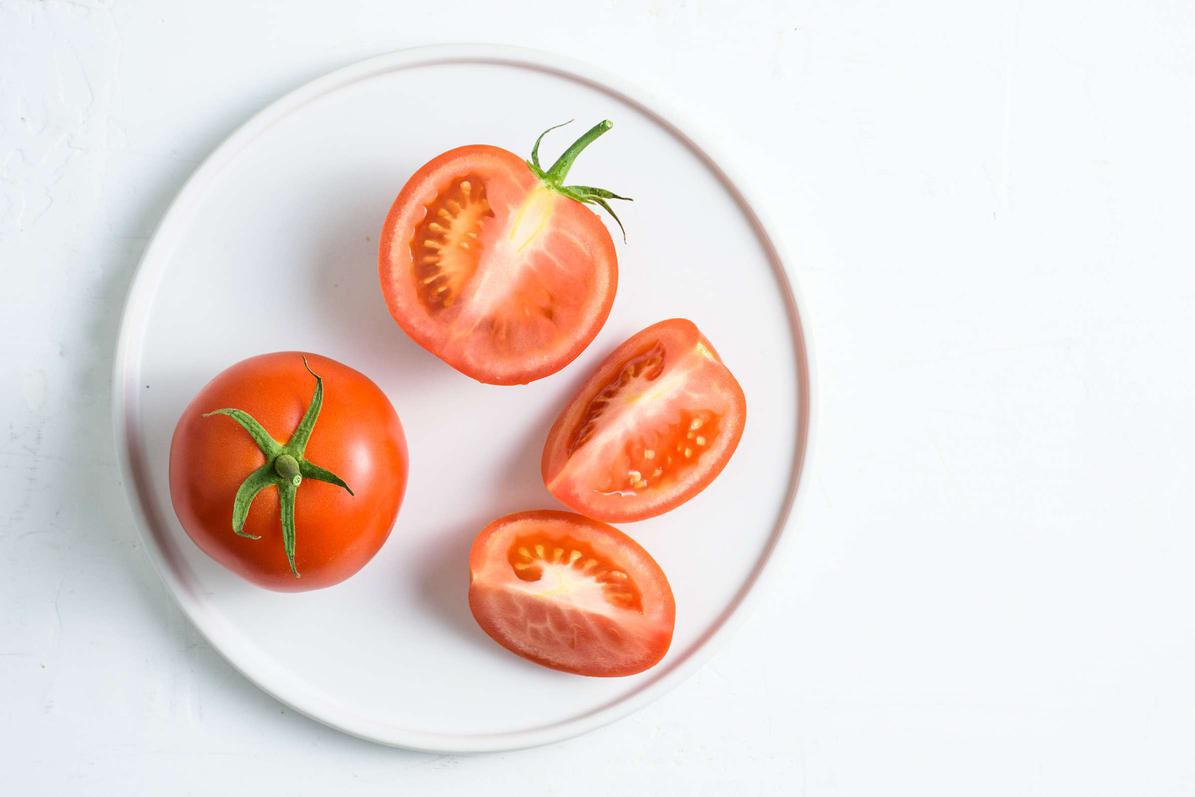
According to a study published in Atherosclerosis, tomatoes may help combat cardiovascular disease. In a review of previously published studies, scientists concluded that increasing the intake of tomato products has a positive effect on LDL cholesterol (commonly known as "bad" cholesterol) and endothelial function (the function of the cells lining blood vessels).
Researchers also found that supplementing with the tomato antioxidant lycopene can lower systolic blood pressure (the highest number in a blood pressure reading).
Chef Jamie Oliver's mother tomato salad recipe features a delicious tomato.
Flaxseeds
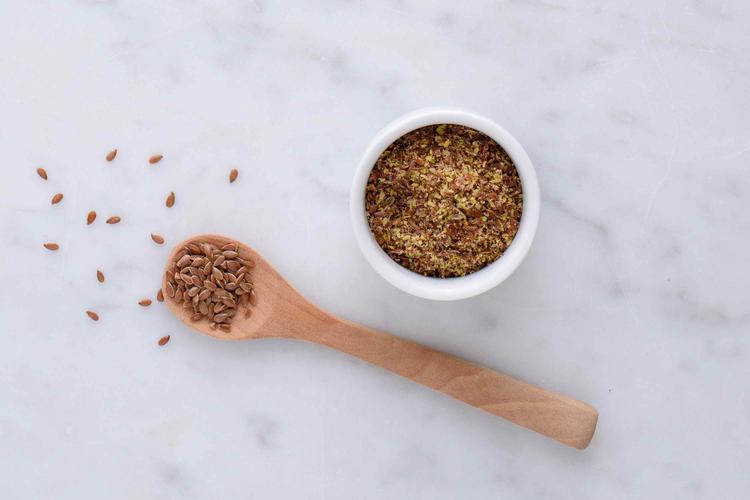
According to a study, eating flaxseeds can help lower blood pressure. Researchers examined the effects of adding foods containing 30 grams of ground flaxseeds or 30 grams of whole wheat to the diet of patients with peripheral artery disease. At the end of the study, researchers found that flaxseeds reduced total cholesterol and LDL cholesterol levels, and had an additional LDL-lowering effect on those taking medication.
Flaxseeds are rich in fiber and heart-healthy omega-3 fatty acids, and previous studies have shown they can benefit people with diabetes, menopausal symptoms, and hypertension.
Before adding flaxseeds to cereals, smoothies, and other foods, try grinding them first (for example, in a coffee grinder).
Oats
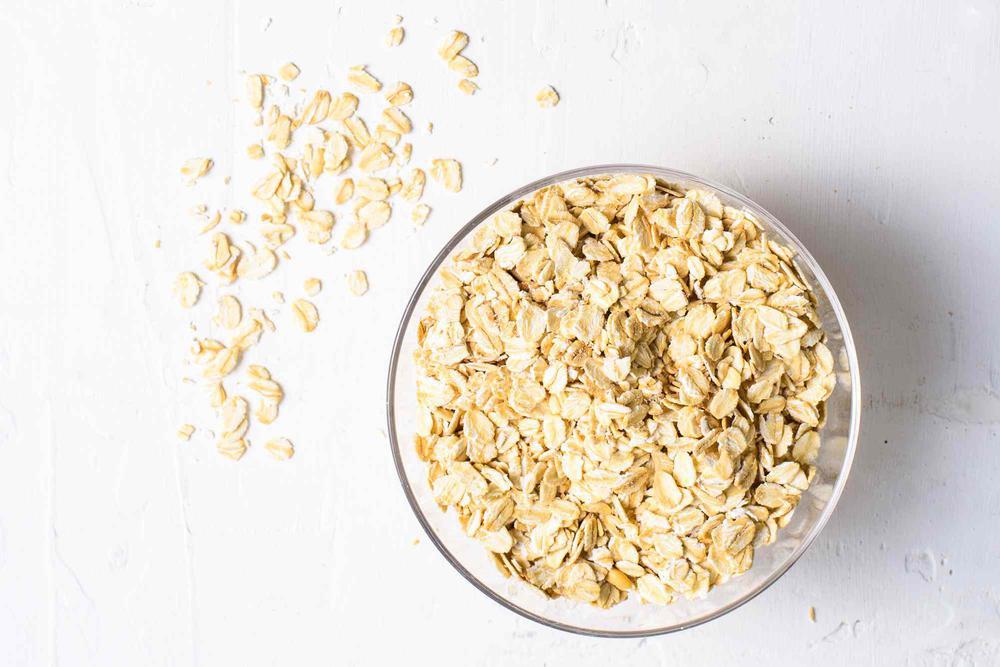
Research reviews suggest that a substance found in oats may help maintain cholesterol levels. Researchers reviewed 58 previously published studies on the cholesterol-lowering effects of oat beta-glucan and the reduction of cardiovascular disease risk, finding that consuming three to five grams of oat beta-glucan daily can significantly lower LDL cholesterol, non-HDL cholesterol, and apoB (considered a predictor of cardiovascular disease risk).
Chocolate
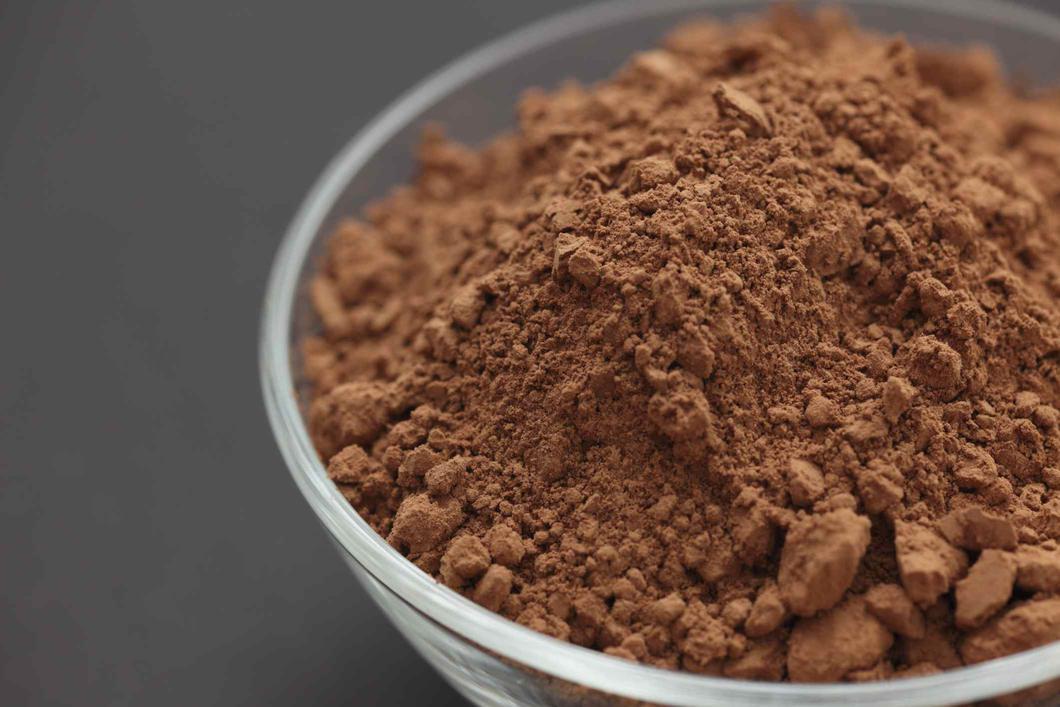
In past studies, cocoa extracts have been found to enhance the ability to resist heart disease, control cholesterol, and prevent vascular damage in diabetic patients due to their flavonoid content. Multiple studies suggest that consuming chocolate can lower the risk of cardiovascular disease.
For example, a review of 23 studies (including 405,304 participants) published in the 2018 journal Heart concluded that consuming less than 100 grams of chocolate per week (the size of a typical chocolate bar) may be associated with a reduced risk of cardiovascular disease. They noted that higher sugar intake might offset any health benefits of chocolate and could have adverse effects due to excessive sugar consumption.
Chia Seeds
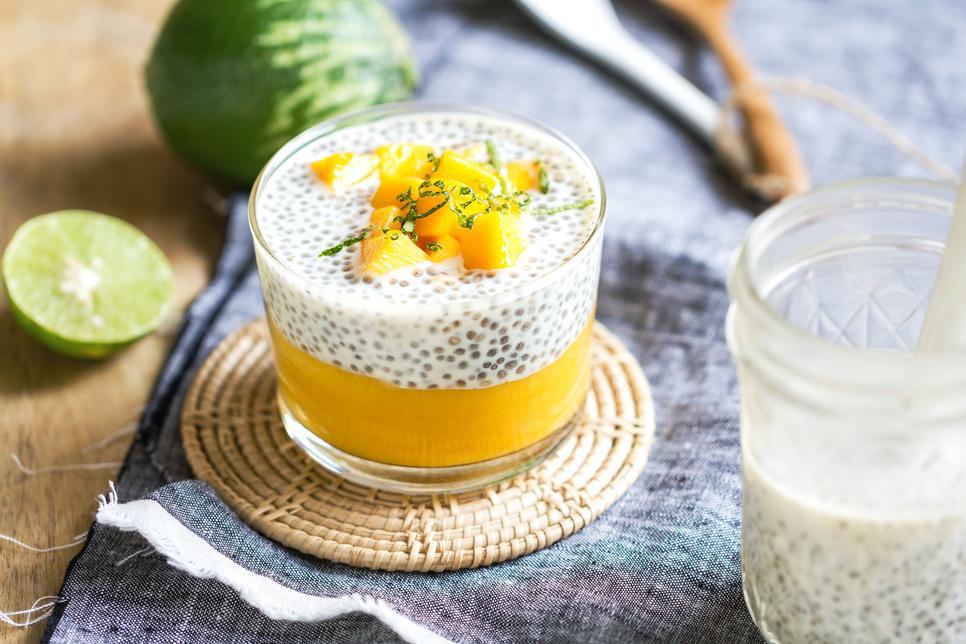
Chia seeds are high in fiber and are a rich source of alpha-linolenic acid (an omega-3 fatty acid with anti-inflammatory properties). More importantly, preliminary studies suggest that chia seeds can help you control cholesterol and reduce risk factors for cardiovascular disease.
Many advocates claim that adding chia seeds to the diet can increase energy, improve mood, regulate blood sugar, and maintain bone health, thereby improving overall health. However, there is little evidence to support these health claims.
Although chia seeds are also widely promoted as a natural weight loss aid, evidence regarding chia's weight loss effects is still weak. In fact, existing studies suggest that chia seeds may have no effect on weight at all. However, adding chia seeds to the diet can increase fiber intake.
Ways to try chia seeds include this chia seed breakfast pudding recipe and this chia seed baked chicken nugget recipe.
Pomegranates
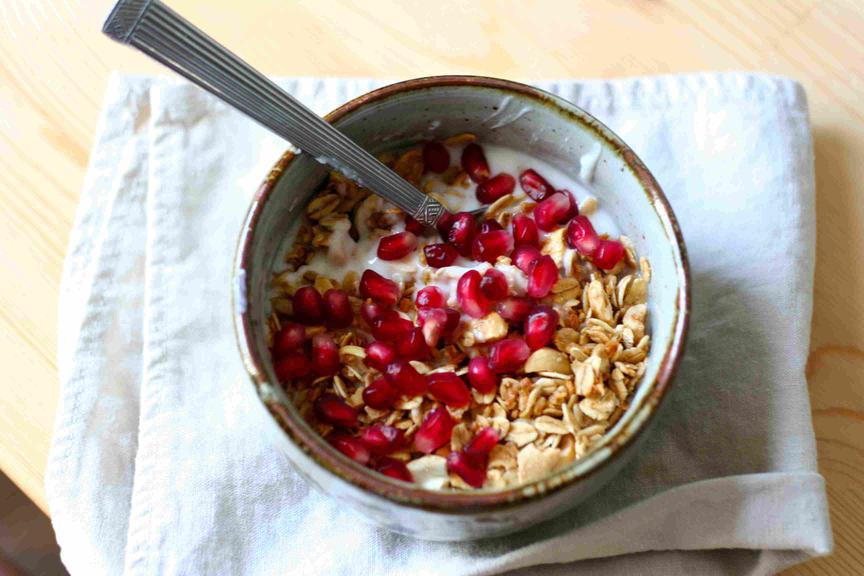
In recent years, pomegranate juice has gained recognition for its potential heart health benefits. For example, a review of studies published in 2017 in Pharmacological Research examined the effects of pomegranate juice on blood pressure, finding that pomegranate juice lowered systolic blood pressure (the highest number in a blood pressure reading).
However, another study found that drinking 500 milliliters of pomegranate juice daily could lower blood pressure in patients with metabolic syndrome, but it also increased triglycerides and VLDL cholesterol (considered a "bad" form of cholesterol).
Instead of drinking juice, try eating pomegranate seeds as a snack or sprinkling them on yogurt. You can also try this pomegranate beet salad recipe or spinach pomegranate salad recipe.
Walnuts
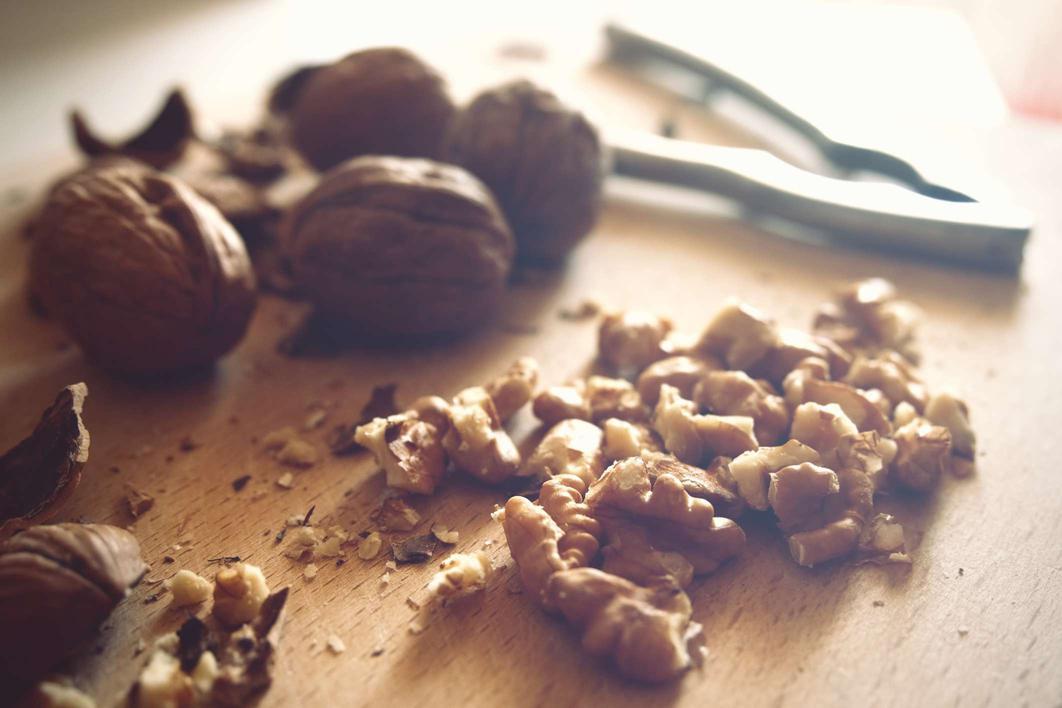
Walnuts are rich in antioxidants, anti-inflammatory compounds, minerals, and essential fatty acids such as linoleic acid and alpha-linolenic acid (an omega-3 fatty acid), often touted as a natural means to enhance cardiovascular health and combat heart disease.
In a study published in 2018 in The American Journal of Clinical Nutrition, researchers evaluated 26 previously published trials. The results showed that walnut consumption was associated with improvements in several cardiovascular health indicators (lower total cholesterol, triglycerides, and Apo B levels). Despite walnuts being about 65% fat (by weight), diets rich in walnuts do not lead to weight gain.
Kefir
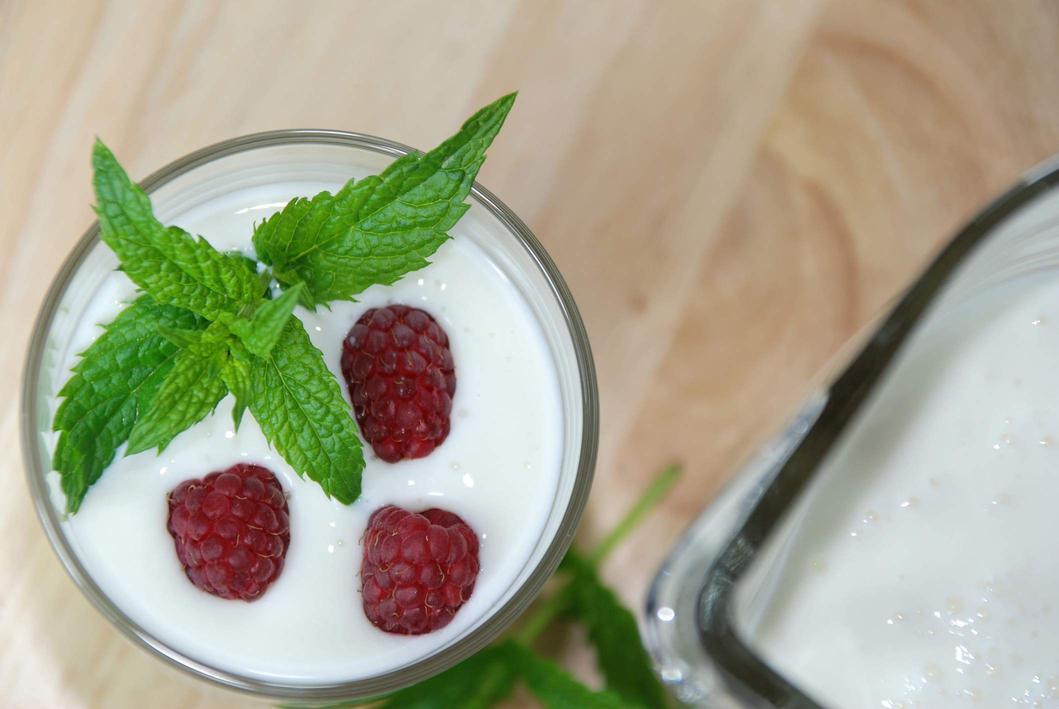
Like yogurt, kefir is also a fermented dairy product. Kefir is rich in probiotics, which are said to enhance health by boosting immunity, stimulating the digestive system, and preventing many common health issues. For example, advocates suggest that kefir can protect heart health by controlling cholesterol.
For instance, a study published in 2017 in The Journal of Clinical Lipidology assessed the effects of low-fat kefir on women considered overweight or obese. After an eight-week study period, participants consuming kefir had lower cholesterol levels.
Researchers noted that those drinking low-fat milk also had similar results. Kefir drinks are often sweetened, so it is best to consume kefir occasionally when combined with other forms of low-fat dairy products.
White Mulberries
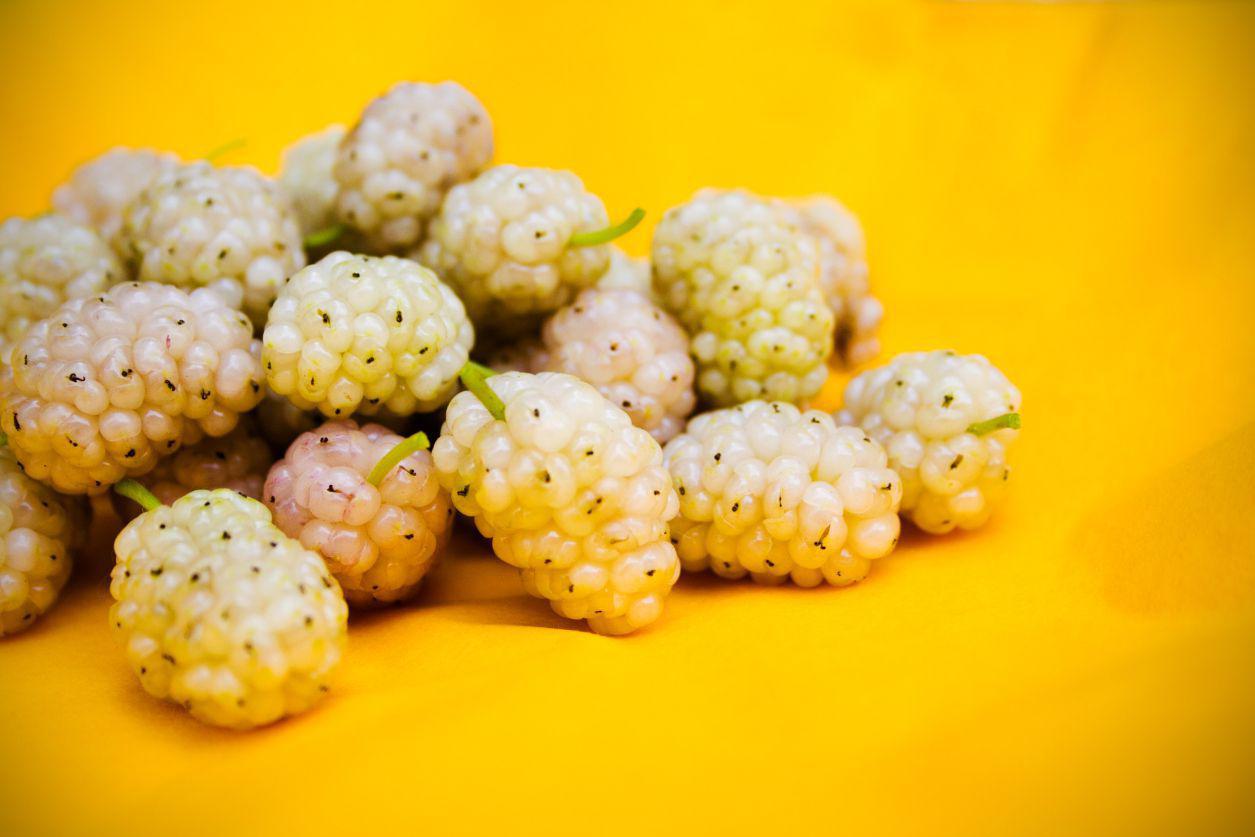
Some people consume antioxidant-rich foods like white mulberries to enhance heart health, as antioxidants are said to help prevent plaque formation in the arteries (known as atherosclerosis).
One of the most important antioxidants in white mulberries is anthocyanins. Anthocyanins are also found in substances such as cranberries, elderberries, and sour cherries.
Try ripe white mulberries in fruit salads or any recipes that require berries. However, unripe white mulberries (as well as the unripe white fruit of mulberry trees) are toxic and should not be consumed.
Açaí Berries
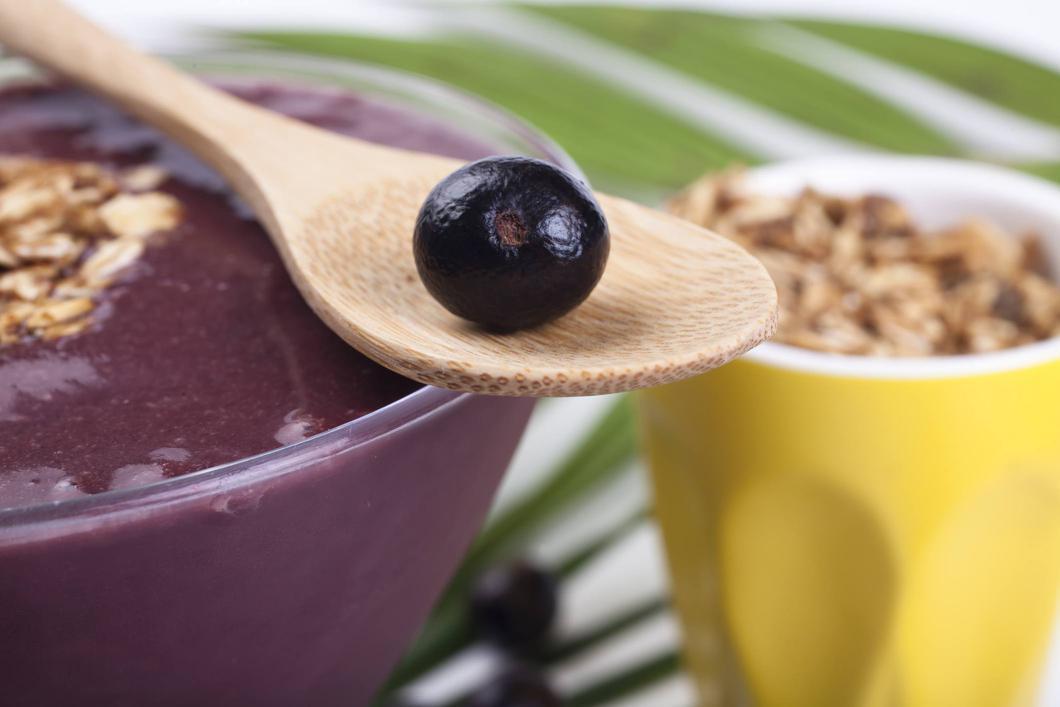
To help prevent cardiovascular disease, some people add açaí berries to their diet. Açaí berries contain a class of antioxidant compounds known as anthocyanins. Anthocyanins are also found in berries, cherries, and black grapes, and are believed to lower blood pressure and combat atherosclerosis in addition to inhibiting cholesterol.
Although research on the potential protective effects of açaí berries on the heart is limited, some preliminary studies suggest that antioxidant-rich berries may be beneficial. For example, a study published in 2016 in The American Journal of Clinical Nutrition found that consuming açaí-based smoothies was associated with improved vascular function, which may reduce the risk of cardiovascular disease.
Apples
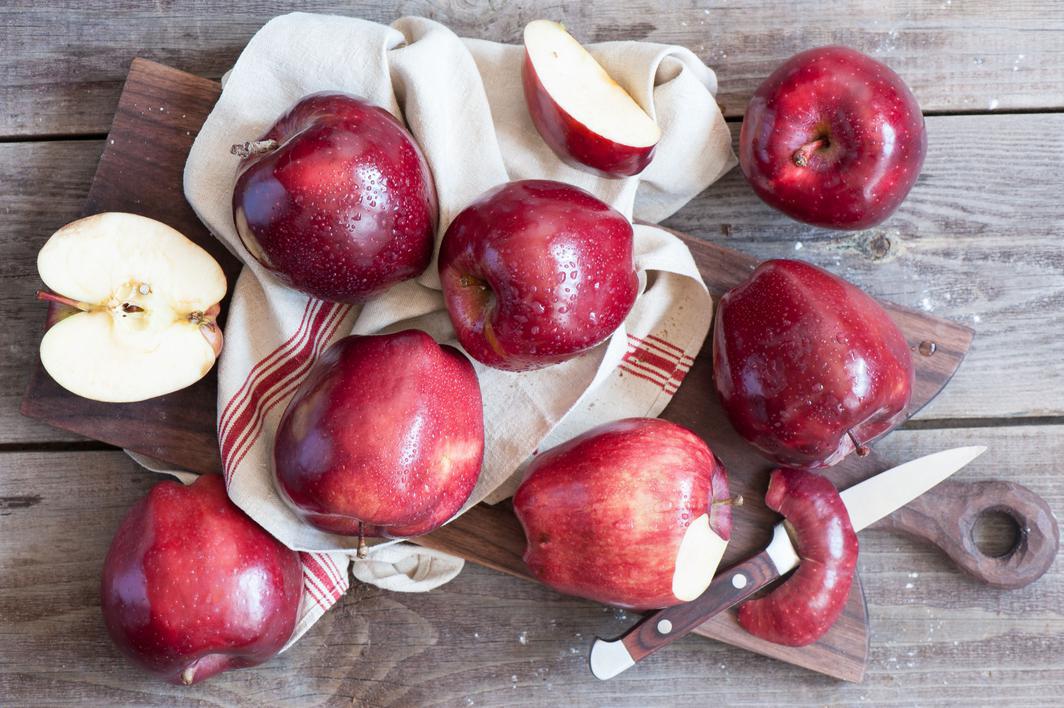
Apples are rich in antioxidants such as the flavonoid quercetin. Some preliminary studies suggest that eating apples may lower the risk of cardiovascular disease. For example, a study published in 2016 in Nutrition analyzed data from 1,052 women aged between 70 years and found that higher apple intake was associated with lower levels of abdominal aortic calcification (a measure of atherosclerosis).
Cranberries
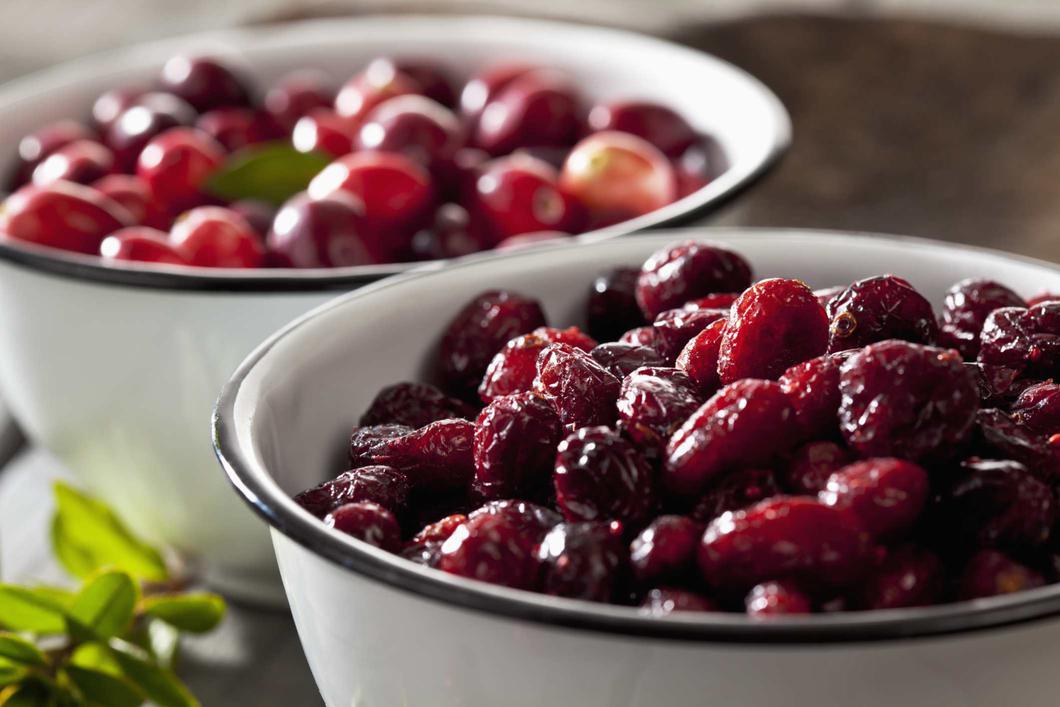
Research suggests that cranberries can promote heart health. Previous studies have found that cranberries contain compounds known to prevent vascular constriction and thus prevent hypertension.
In a study published in 2015 in The Journal of Nutrition, scientists assessed the heart-protective effects of cranberry juice. Their findings indicated that consuming cranberry juice for eight consecutive weeks could lower triglycerides, C-reactive protein, glucose, and diastolic blood pressure (the lowest number in a blood pressure reading).
